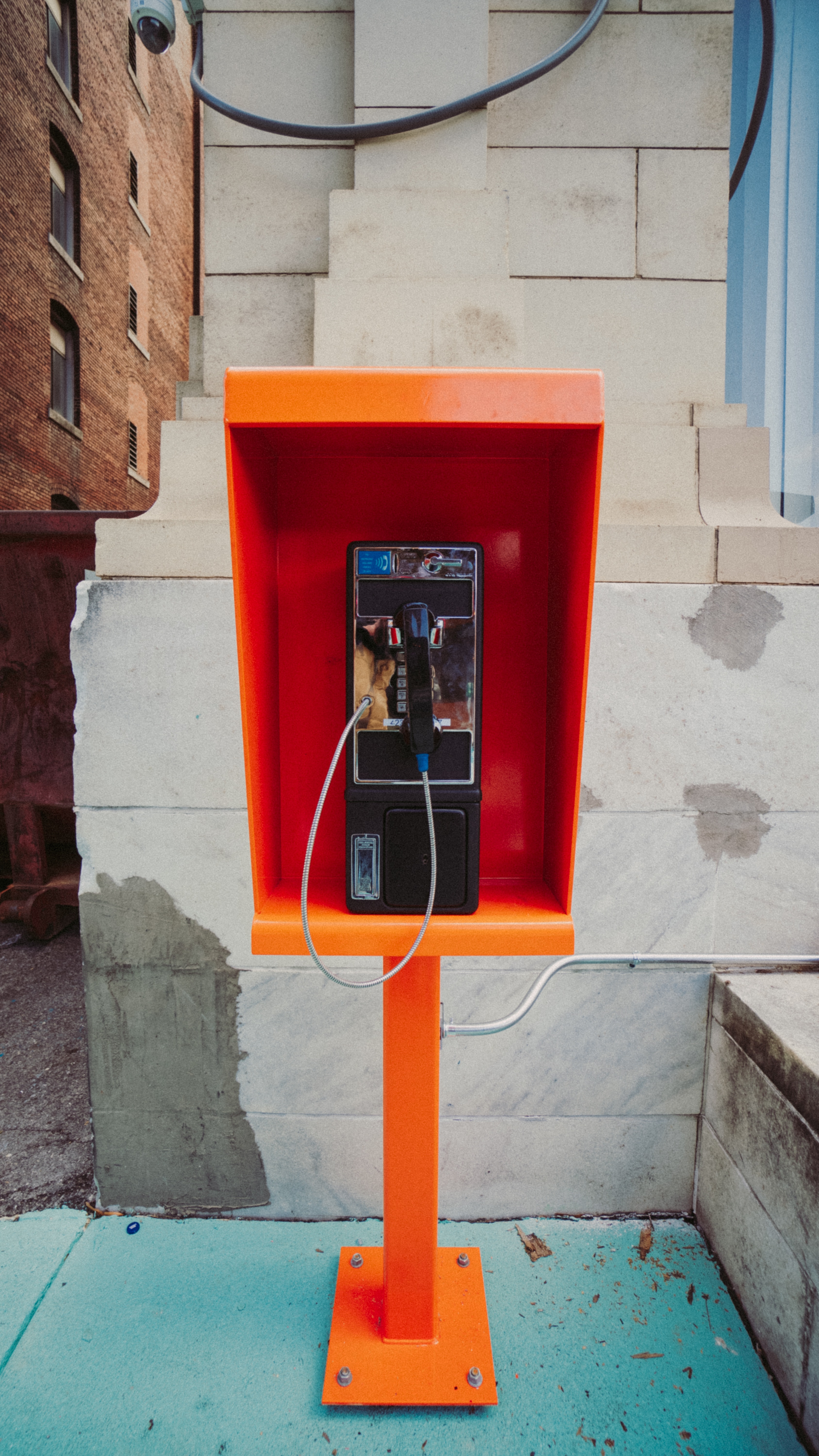Reliable communications services have never been more important. The COVID-19 pandemic has proven that staying connected to friends and loved ones has never been more crucial, while a string of natural disasters have shown that phone and internet services are essential when it comes to recovery efforts and community rebuilding.
In August 2021, Telstra announced that any standard national mobile calls from ‘payphones’ would be made free. For many people, especially people living in capital cities, it might be difficult to remember the last time you needed to use a payphone. While not everyone has to rely on them to stay connected, payphones are still a very important service for many people, especially those that find themselves in need of a freely available form of communication.
People experiencing homelessness, survivors of family and domestic violence, communities during natural disasters, people on lower incomes and people in emergency situations make up a large number of all calls made from payphones across the country. In 2020-21, 76,000 genuine calls were made from payphones to emergency services . In addition, people who live in areas where it’s hard to get reception often still use payphones to stay in touch with people. The bottom line is that payphones still offer people a vital lifeline in situations where there is a risk to their safety, or they need to contact emergency services.

Potential rule changes for payphones
Payphones have a huge part to play in the Universal Service Obligation (USO). The USO is a vital consumer protection in Australia and was introduced in the 1990s when most Australians used landline phone services. This protection ensures that all Australians have access to a standard telephone service. Generally, this is a fixed line voice service or landline. The USO also means that there must be alternative forms of communication provided for People with Disability. The USO is provided by Telstra. For more information about the USO, visit ACCAN’s USO tip sheet.
Currently, five rules regarding payphones are due to automatically stop or ‘sunset.’ Sunsetting is a process where rules (also known as instruments) that have been created and implemented by the government are automatically repealed after a certain period. This is usually between 3-10 years.
Because of this, the Department of Infrastructure, Transport, Regional Development and Communications (the Department) are considering the long-term role of payphones. Most Australians now have access to a mobile phone with service, which means that payphones might be considered outdated in some parts of the country. Additionally, the Department have pointed out that if payphones aren’t being used enough, they may not be worth the maintenance costs that telcos have to pay to keep them running.
In the Review of Sunsetting Payphone Instruments Consultation Paper, the Department has outlined the rules that they’re thinking about changing in relation to payphone instruments. In the paper, they acknowledge that payphones provide some ongoing benefit especially where people struggle to get mobile coverage, or during emergencies when telecommunications go down. They’ve also recognized that while use of payphones is generally low, some people in the community rely on them more than others.
However, the Department are also weighing up the costs of supplying and maintaining payphones, especially when the last ten years have seen major developments in technology. While it is true that there are costs associated with supply and maintenance, payphones are still an important and valuable service for many people in the community. You never know when you might find yourself in a situation where you aren’t able to use your mobile phone, so it’s important that there’s another option for people when they’re put in a vulnerable position.
If payphones are going to stay around, then the rules about provision and maintenance of this service need to reflect the needs of local communities.
ACCAN's recommendations
The availability, reliability, and accessibility of payphones is undoubtedly a matter of public safety. In response to this consultation, ACCAN has made several recommendations to represent the fact that payphones are an essential public service, even if it costs money to maintain them. These recommendations include:
- That evidence of community support needed for choosing the location of a payphone or its removal considers the size of the local population
- That the timeframe to repair payphones should be changed to a maximum of ten days in all areas
- That Telstra, the provider responsible for delivering the USO, should notify the Australian Communications Media Authority (ACMA) whenever they can’t comply with payphone performance benchmark standards
- That the ACMA should change the Net Social Benefit standards to reflect how essential payphones are
- That any decisions made about removing payphone instruments should focus on the needs of Australians, rather than installation or maintenance costs
- That the Department adjust the timeframes for repairs to payphones in regional and rural areas, as the people living in these areas rely on this service more
- That more consideration is needed when it comes to deciding on the circumstances where the removal of a payphone is acceptable

Comments powered by CComment